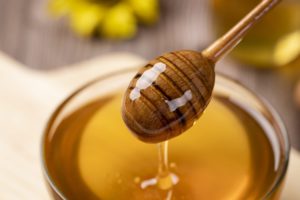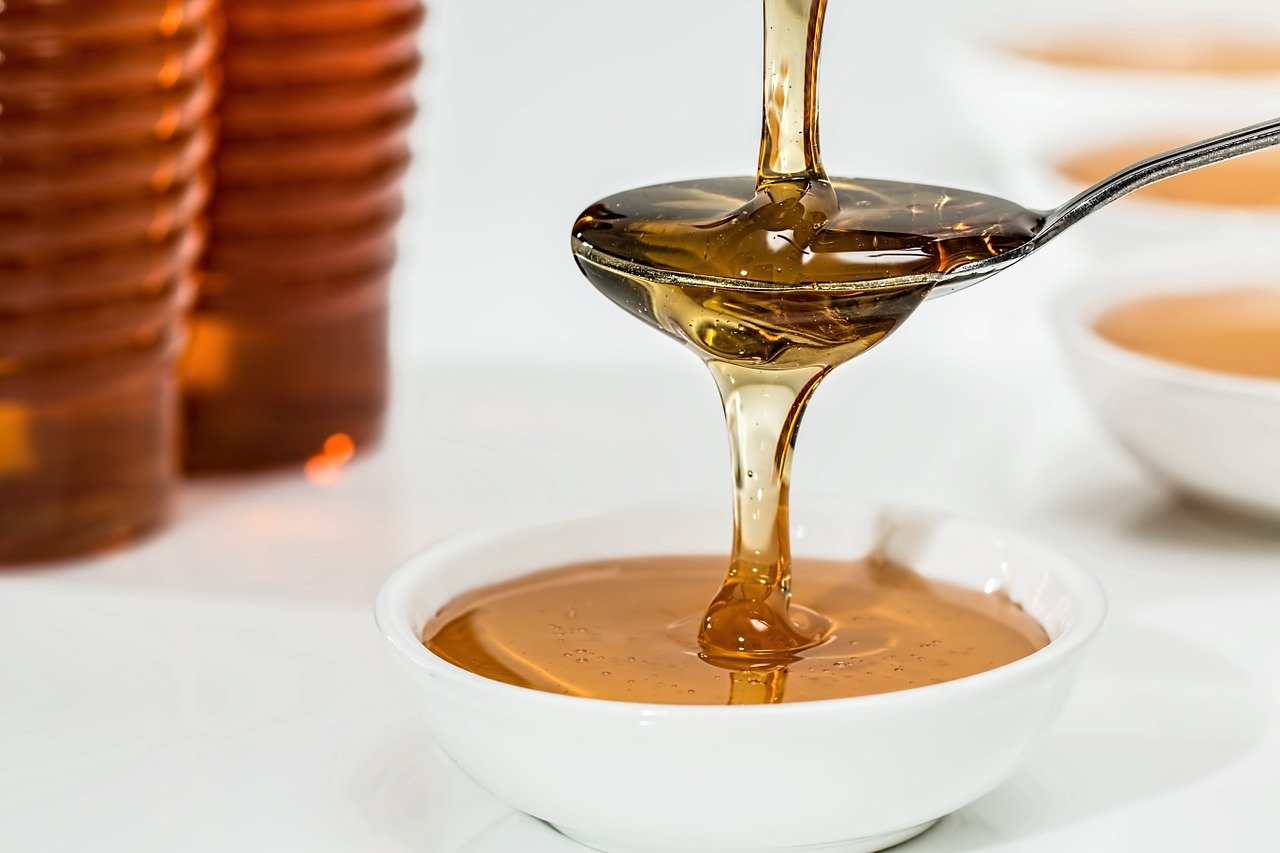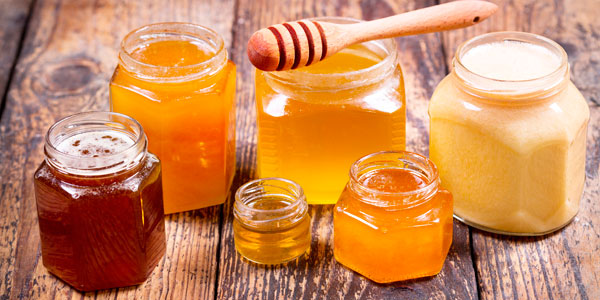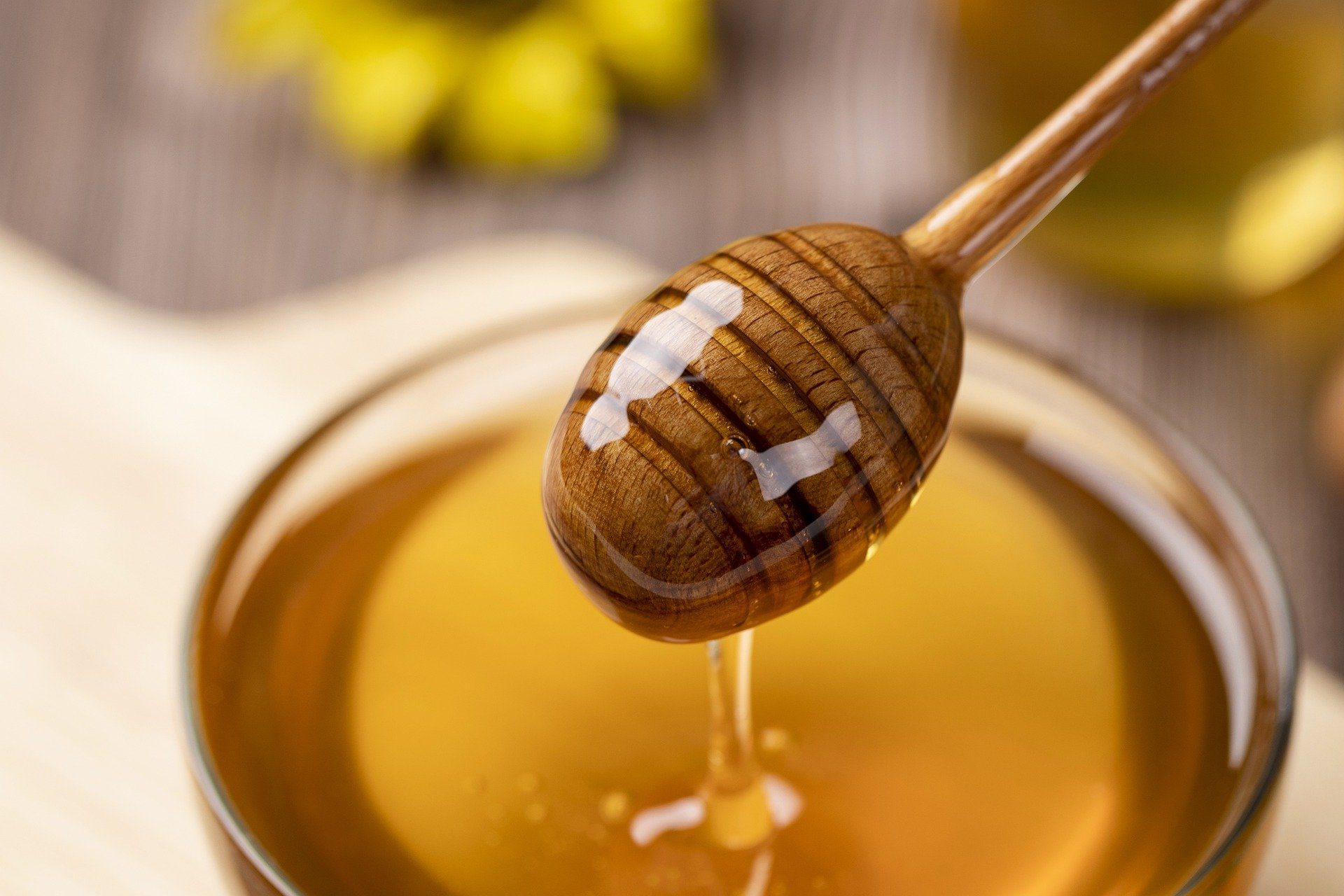La sustainable beekeeping It is a very activity beneficial for the human in many senses. First, it allows obtaining de materials interesting. Second, it assumes the creación de livelihoods. And, finally, it is responsible for a process that is essential for the life on earth: la pollination of flowering plants. Given the importance of this work, the Association of Merchants and Honey Packers ASEMIEL-ANIMPA has launched a campaign together with the European Union to promote the reasonable consumption of honey Do you want to know more? Keep reading!
Sustainable beekeeping as a livelihood
La sustainability full beekeeping It is a very important factor. The pollinating action of bees is responsible for the continuity at the time of the nature. As well as the existence of 84% de vegetable species. That is why this type of livestock takes advantage of natural resources and returns the environmental benefits to the planet. And not only that, but it also creates livelihoods. The apiculture It is an activity that requires: human, financial, natural, social capital y material.

No capital required support very high at first. The materials to carry it out we can manufacture them with materials that we have on hand. The natural resources are bees, flowering plants y water. Bees are resources that are freely found in nature. With respect to human capital there are many places where there is great knowledge, customs, traditions that pass from generation to generation. All of them are usually very valid and effective.
La apiculture It is a very interesting option way of life of people. Allows families to do less vulnerable against poverty. In the following video we can see how this man from Panama build your own life system and the way to make a living worthy. It receives, little by little, help from different governments and associations that want to promote a sustainable beekeeping. It should be noted that the beekeepers They have a very good reputation for their constant and hard work.
Millennial Families
Millennial Families is an information campaign promoted by ASEMIEL-ANIMPA (Spanish Association of Merchants and Honey Packers) and the European Union. Its objective is to promote a reasonable consumption de miel produced in Europe among the families of Spain. The consumption of honey in Spain is currently stalled. One person a year eats 0,8 kilos. This figure is lower than the amount consumed in countries such as Germany.
The study prepared by the Institute of Market Research and Strategic Marketing Ikerfel, «Analysis of honey consumption in young families with children"He concluded that only the 42% of the Spanish population consumes miel at least once a week. In turn, the 59% of the spanish children since the 6 to 12 years does not consume honey and a 14% he does it occasionally. For that reason, these types of campaigns are vital to reactivate the honey consumption, not only for its nutritional benefits, but also for the importance of beekeeping.
See this post on Instagram
Thus, the European Union has defended on many occasions and still defends the sustainable beekeeping and, especially, at bees, vital for the planet. Thus, a series of pesticides that posed a serious threat to the existence of bees.
How much honey can I take a day?
Due to its high sugar content, miel cannot be ingested in large quantities. In its composition we find carbohydrates (simple sugars: fructose and glucose), water, very small amounts of proteins, vitamins, trace elements, enzymes, and polyphenols. That's why your most remarkable quality is the sweetness. La miel It is a great natural sweetener which can replace the processed sugar, more harmful to our health. However, always with moderation.
There is no recommended daily intake for honey specifically, however, due to its high sugar content, honey should be eaten in moderation. The World Health Organization suggests that free sugars (meaning all monosaccharides and disaccharides added to foods by manufacturers, cooks, or during home cooking, plus sugars naturally present in honey, syrups and fruit juices) do not represent more than 10% of a person's daily energy intake. EUFIC extension, The European Food Information Council







